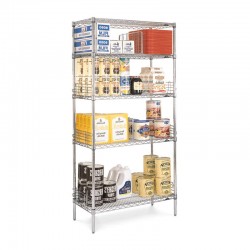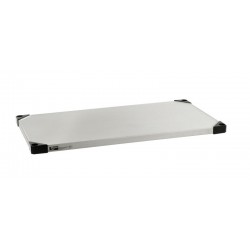Workshop pumps are used to transfer, dispense and manage fluids safely and efficiently within workshop, industrial and maintenance environments. Suitable for a wide range of applications, these pumps help improve control, reduce manual handling and support cleaner, safer fluid handling.
This category includes pumps designed for dispensing oils, fuels, lubricants, water and other workshop fluids. Common applications include fluid transfer, container emptying, drum dispensing and drainage tasks across automotive workshops, manufacturing facilities and service areas.
Workshop pumps are available in various designs to suit different fluids and operating requirements, offering practical solutions for routine maintenance, servicing and industrial use.



















